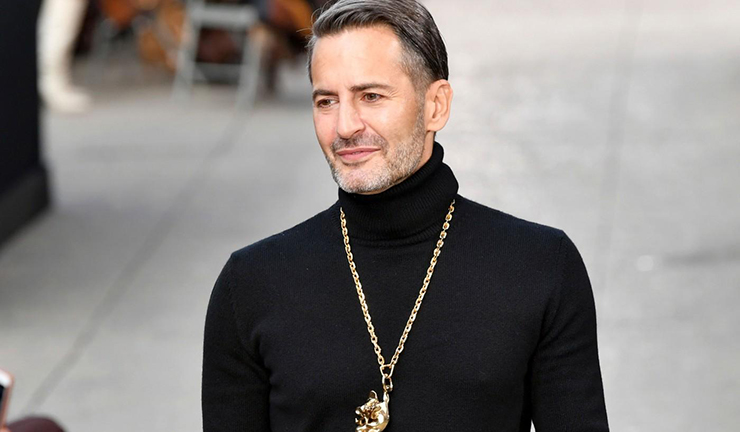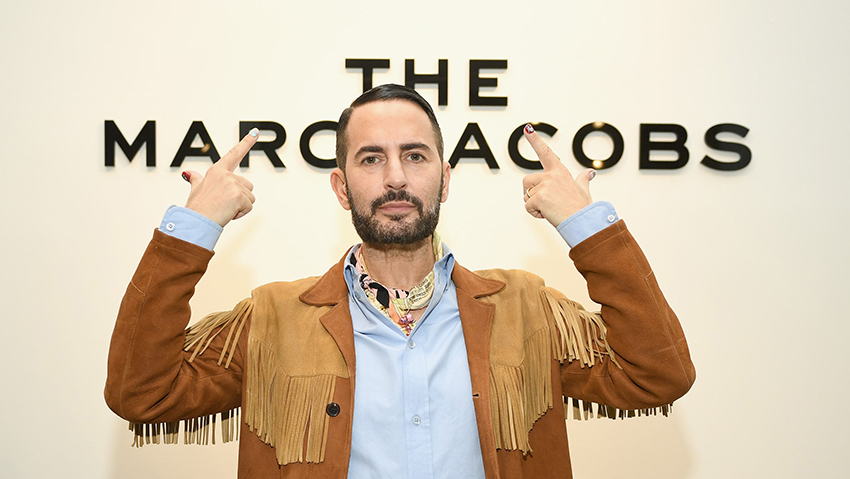Marc Jacobs (born April 9, 1963) is an American fashion designer who is the head of his own fashion label, Marc Jacobs.
Marc spent his childhood in New York, but it was a challenging time for him. His father passed away when he was seven years old, and his mother went on to marry three more times, resulting in frequent relocations. Eventually, Marc ended up living with his grandmother in Manhattan, who had a strong influence on his life. His grandmother, who loved knitting, taught him to knit and instilled in him a love for beautiful things.
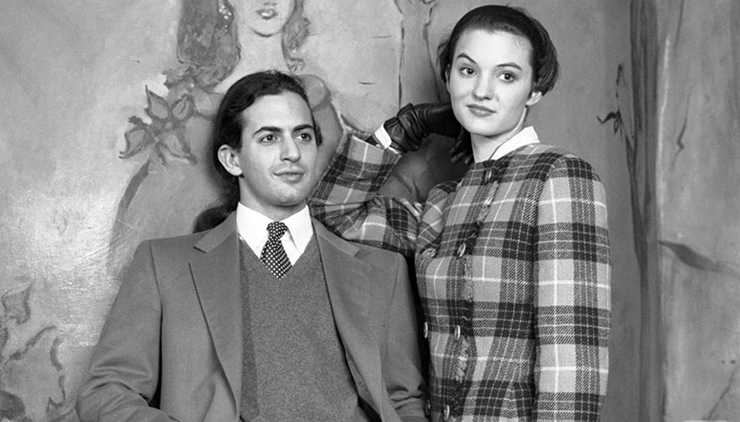
At the age of 15, in 1978, Marc began designing his first models for future collections while still attending school. He also worked at a boutique where he was in charge of knitting pullovers. It was there that he met the renowned designer Perry Ellis, who had a significant impact on the brand at that time.
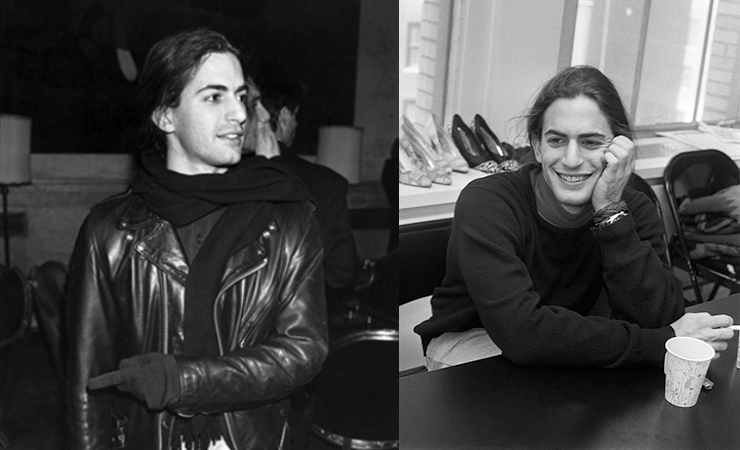
In 1981, Marc enrolled at Parsons School of Design. In 1984, he met Robert Duffy, who would later become his business partner. Duffy replaced Marc’s brother, father, and friend, and together they formed Jacobs Duffy Designs. The fashion industry quickly took notice of the duo.
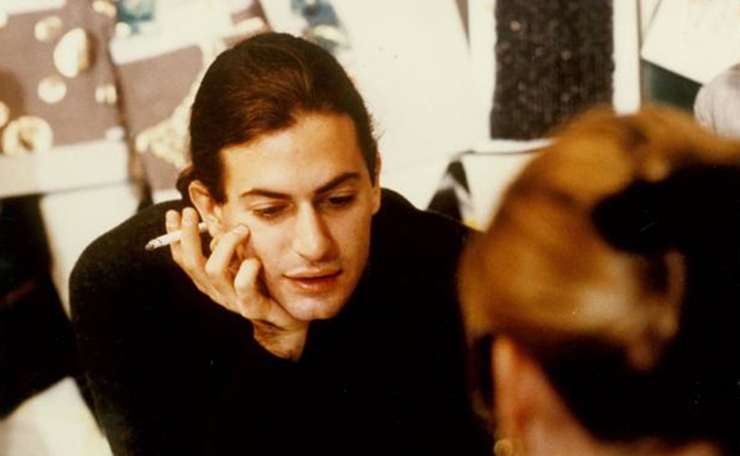
In 1986, Marc became the youngest recipient of the CFDA (Council of Fashion Designers of America) award for Best New Designer. He gained recognition for his ability to turn expensive items into casual ones, such as his wrinkled cashmere sweaters sold for $1,200. Key figures in the fashion industry started paying attention to Marc Jacobs and his designs were featured in Vogue, purchased by prestigious stores like Bergdorf Goodman and Bloomingdale’s, and top models like Naomi Campbell, Linda Evangelista, and Cindy Turlington agreed to participate in his shows for free.
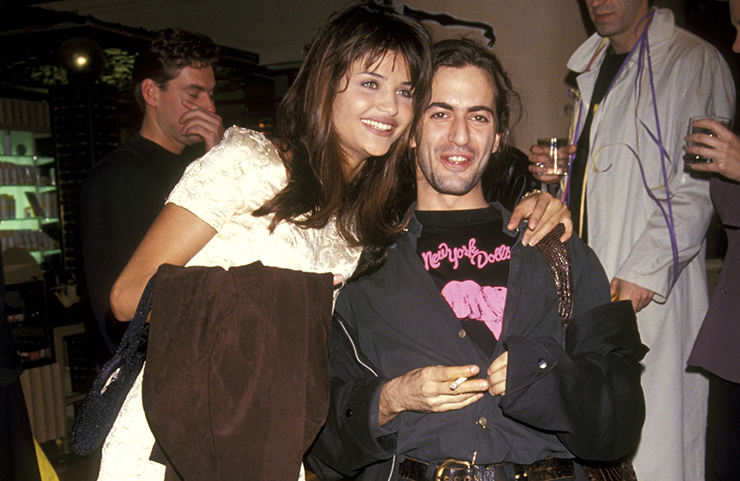
In 1989, Jacobs and Duffy were invited to work at the Perry Ellis fashion house. After the death of the brand’s founder, Marc became the Creative Director and Robert became the President. They finally had the powerful infrastructure they had dreamed of. However, during this time, Marc developed an alcohol addiction due to the overwhelming demands and pressures of his role.
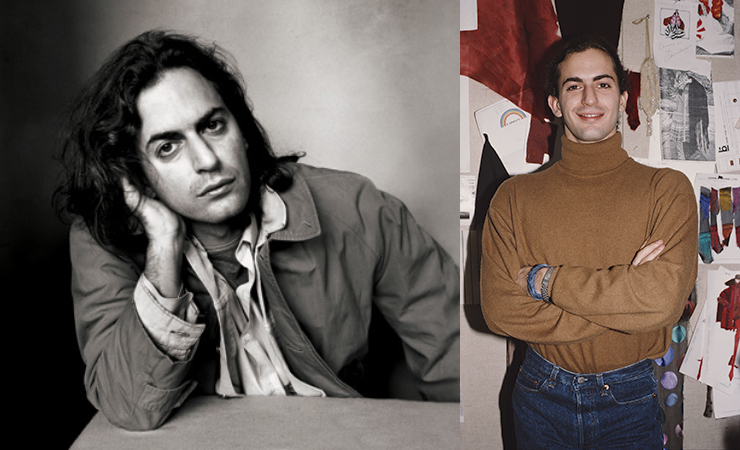
In 1992, Marc released his legendary grunge collection, inspired by the song “Smells Like Teen Spirit” that he heard in a Berlin bar. The collection showcased unique items like wrinkled sweaters, satin sneakers, and chunky shoes. The press and the public loved it, but the shareholders of Perry Ellis were not ready for such experimental designs. As a result, Marc and his partner were fired.
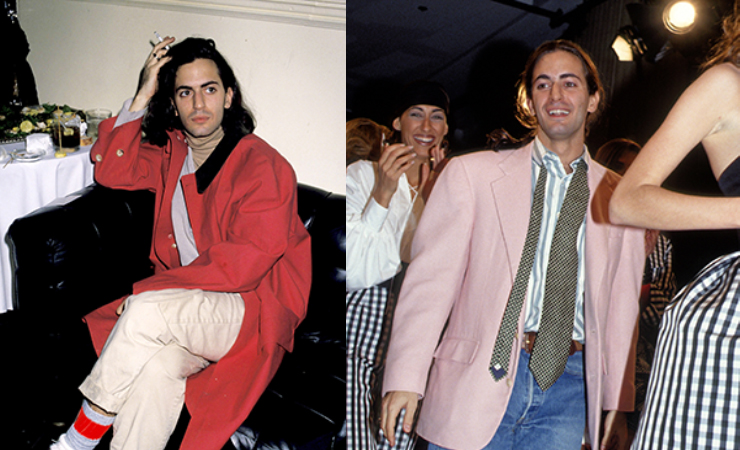
In 1996, while working on a collection for “Iceberg” in Italy, Marc’s partner Robert Duffy negotiated with French businessman Bernard Arnault. Arnault had a reputation for revitalizing classic French fashion houses by injecting young designer talent. After a year and a half of negotiations, Marc became the creative director of Louis Vuitton. One of the conditions of their agreement was the support and investment from LVMH (Moët Hennessy Louis Vuitton) for the Marc Jacobs brand. LVMH eventually acquired a majority stake in Marc Jacobs International. Meanwhile, Marc was also preparing the first-ever Louis Vuitton ready-to-wear collection.
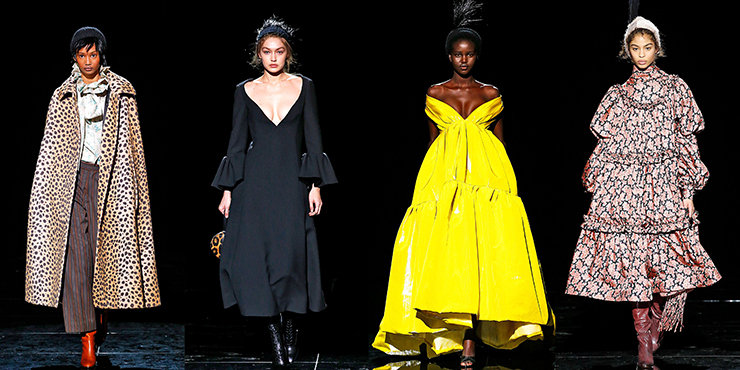
In 2000, as the sales volume grew, Marc’s mental health began to suffer. He found himself in a polished world that he used to be ironic about, which caused constant stress and fear of failure. As a coping mechanism, Marc turned to cocaine and alcohol. His partner, Robert Duffy, had to navigate conflicts with the LVMH board while supporting Marc. Eventually, Marc sought help and went to a rehab clinic.
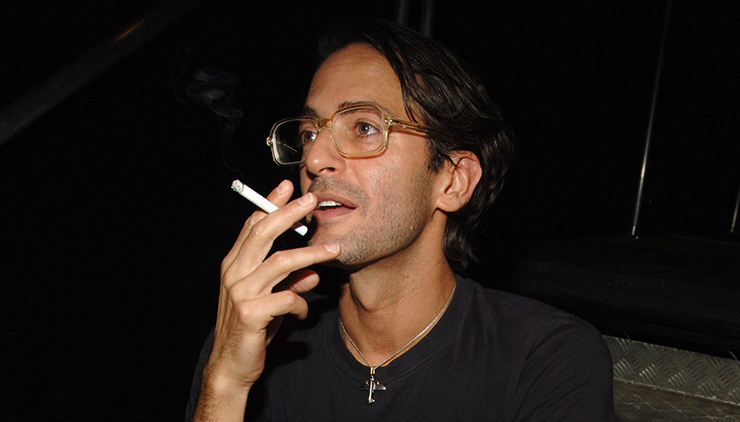
In 2001, Marc made a triumphant comeback by winning seven CFDA awards, including Best Womenswear Designer, Best Menswear Designer, and Best Accessory Designer. Under his creative direction, Louis Vuitton’s profits soared, reaching $3.5 billion a year by 2004, three times higher than before Jacobs joined the brand.
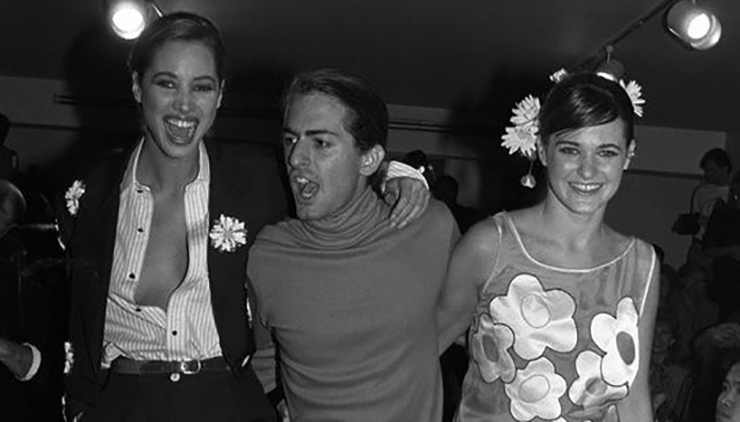
In 2007, a documentary titled “Marc Jacobs and Louis Vuitton” directed by Loic Prigent was released, providing insight into Marc’s life and work.
In 2008, Jacobs faced accusations of plagiarizing a scarf design from Swedish designer Gosta Olofsson, created back in 1950. Jacobs resolved the issue by offering monetary compensation to Olofsson’s son.
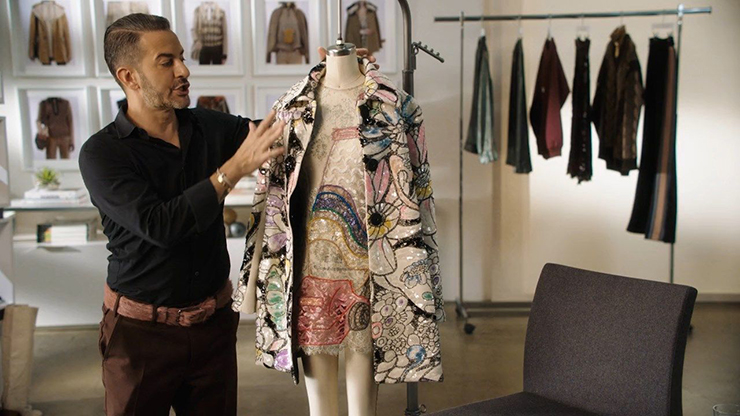
In 2011, Marc Jacobs led the young talent award “Designer for Tomorrow,” providing personal coaching to the five finalists.
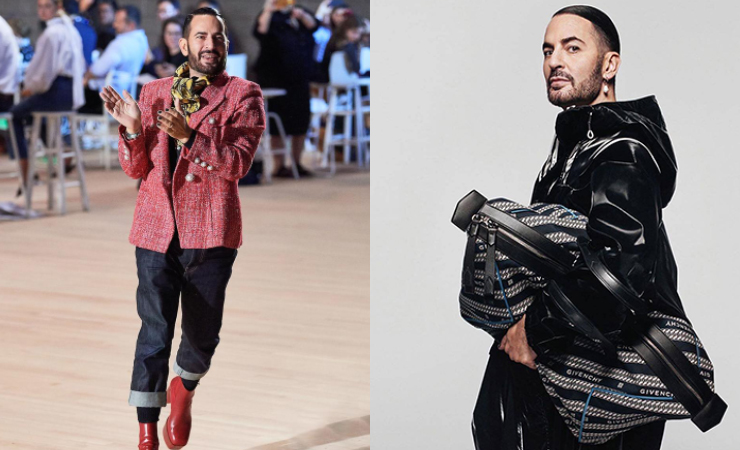
In 2020, Marc Jacobs launched a pansexual line called “Heaven,” targeting a younger audience and challenging traditional gender boundaries. The collection celebrated the brand’s history while offering a fresh perspective.
